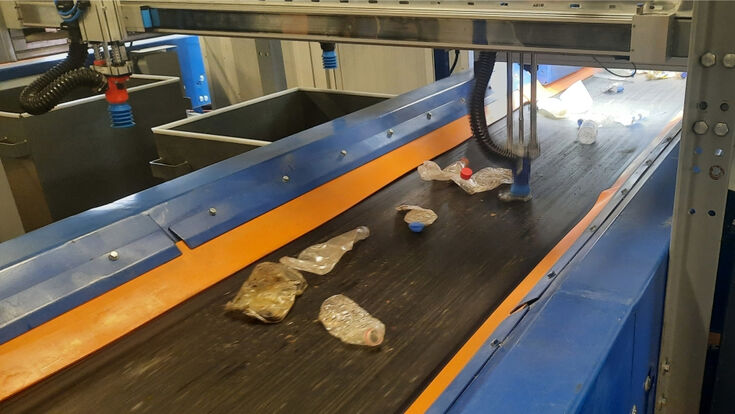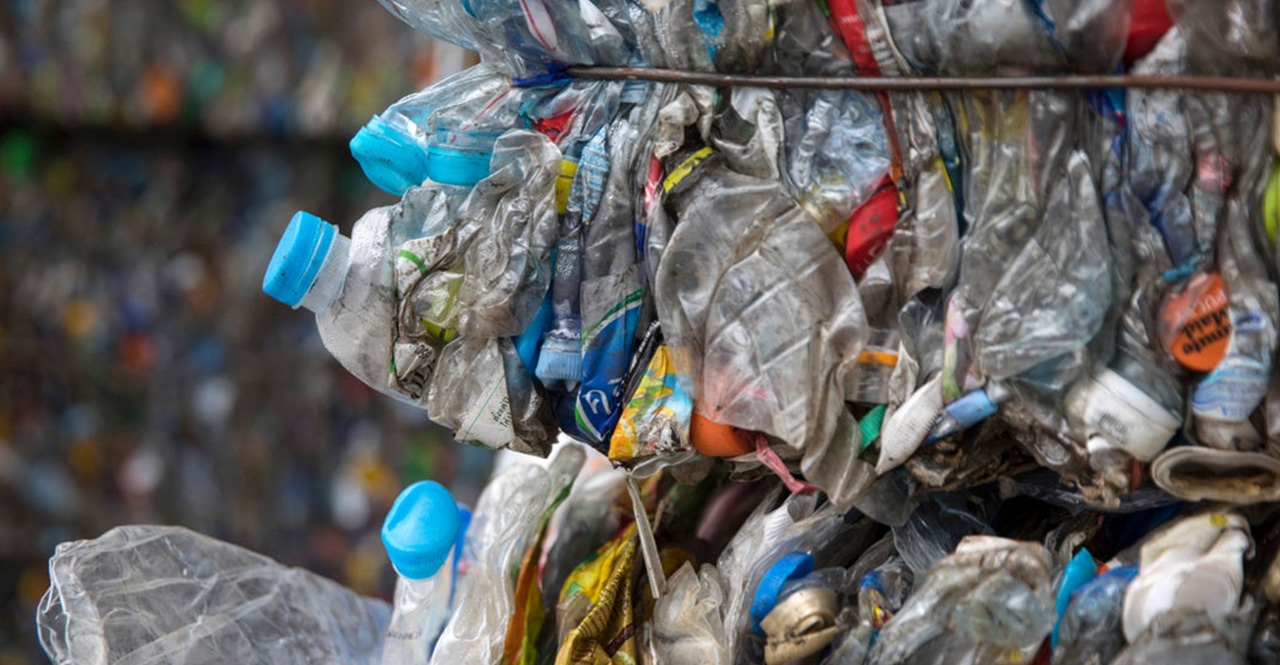Navigating Liquid Waste Challenges with Reclaim Waste Melbourne's Knowledge
Navigating Liquid Waste Challenges with Reclaim Waste Melbourne's Knowledge
Blog Article
Fostering Source Performance and Environmental Protection With Fluid Waste Elimination Programs
In the world of environmental stewardship, the management of liquid waste stands as an important juncture where resource efficiency and environmental management merge. Fluid waste elimination programs play an essential role in securing our environments and making certain sustainable growth methods. By meticulously resolving the disposal of liquid waste, communities and markets can not only mitigate possible dangers but also unlock possibilities for reusing and repurposing beneficial sources. As we navigate the complexities of waste administration in a rapidly evolving globe, the harmony between ingenious innovations, rigid policies, and forward-thinking strategies ends up being increasingly paramount. Via a lens of proactive interaction and strategic foresight, the landscape of liquid waste monitoring unveils a tapestry of difficulties and possibilities that beckon us to explore the path in the direction of a greener and even more lasting future.
Relevance of Liquid Waste Removal
The value of fluid waste elimination hinges on its crucial duty in preserving ecological health and wellness and securing public wellness. Liquid waste, if not appropriately taken care of, can pose major threats to ecosystems, water sources, and human wellness. With effective elimination processes, dangerous materials such as virus, chemicals, and toxins are avoided from contaminating the setting and creating destructive impacts.
Appropriate fluid waste removal additionally aids in avoiding the spread of diseases and minimizing the potential for groundwater contamination. By safely getting rid of fluid waste, the danger of waterborne health problems and pollution-related wellness concerns is dramatically lessened - Reclaim Waste Melbourne. In addition, effective removal practices add to preserving the total sanitation and aesthetic appeals of areas, consequently improving the lifestyle for residents
Furthermore, liquid waste removal plays a vital duty in sustaining sustainable advancement and ensuring compliance with ecological policies. By sticking to correct waste administration procedures, industries and businesses can reduce their ecological footprint and show corporate responsibility. Ultimately, investing in robust fluid waste elimination programs is essential for promoting ecological stewardship and cultivating a much healthier, much safer future for all.

Benefits of Reliable Disposal
Effective disposal of fluid waste not only safeguards environmental wellness and public well-being however additionally generates countless benefits that expand beyond immediate control procedures. One crucial benefit of efficient disposal is the decrease of air pollution in water bodies and dirt. By appropriately managing liquid waste, the threat of contamination lowers, protecting and maintaining communities biodiversity. Furthermore, reliable disposal practices contribute to source preservation. Through procedures like reusing and power recovery, beneficial sources can be drawn out from liquid waste, advertising sustainability and minimizing the strain on resources. Taking on reliable disposal approaches can lead to cost savings for businesses and neighborhoods. By enhancing waste management procedures, companies can improve operations, minimize disposal costs, and potentially produce revenue via the sale of recycled products. On the whole, the advantages of reliable liquid garbage disposal are complex, encompassing environmental defense, resource efficiency, and financial advantages.
Technologies for Waste Therapy
Utilizing sophisticated innovations for waste therapy plays an important function in guaranteeing the efficient monitoring and safe disposal of fluid waste. One of the key innovations utilized in liquid waste therapy is organic treatment. This method makes use of microorganisms to damage down organic matter in the waste, converting it right into harmless by-products. An additional usual modern technology is chemical treatment, where chemicals are contributed to the waste to neutralize harmful components or precipitate impurities for removal. Physical treatment methods, such as filtering and sedimentation, are additionally commonly used to divide solids from fluid waste.
Advanced oxidation processes (AOPs) have obtained popularity for their capacity to break down persistent natural contaminants in fluid waste with the generation of highly responsive hydroxyl radicals. Membrane technologies like reverse osmosis and ultrafiltration are efficient for dividing contaminants from fluid waste streams. Additionally, thermal therapy methods such as incineration can be employed for the full devastation of dangerous components in liquid waste. Generally, the combination of varied treatment innovations guarantees eco pleasant and detailed monitoring of fluid waste.
Role of Laws and Conformity
In the world of liquid waste management, adherence to governing structures and conformity requirements is critical for safeguarding environmental health and wellness and sustainability. Regulations play a vital role in controling the correct handling, treatment, and disposal of fluid waste to avoid damage to ecological communities and human wellness. By establishing clear guidelines and standards, regulatory bodies make sure that companies and individuals associated with fluid waste monitoring operate in an environmentally responsible fashion.
Conformity with these guidelines is not only a legal need however also an ethical obligation to safeguard the environment for current and future generations. It includes executing best techniques in waste collection, therapy, disposal, and transportation to lessen environmental influence and promote source effectiveness. Non-compliance can result in penalties, lawsuit, and reputational damage for companies, highlighting the value of supporting governing requirements.

Future Patterns in Waste Monitoring

One more key trend in waste management is the fostering of sophisticated information analytics and expert system to maximize waste collection paths, improve sorting procedures, and improve general operational efficiency. These technologies make it possible for waste monitoring business to make data-driven decisions, leading to set you back savings and ecological advantages.
In addition, there is a growing emphasis on the growth of decentralized waste administration systems, such as onsite treatment centers and mobile waste handling systems. These systems use adaptability and scalability, enabling a lot more effective waste handling in varied atmospheres.
Conclusion
To conclude, cultivating resource over here efficiency and ecological protection via fluid waste elimination programs is essential for lasting development. Reliable disposal techniques, advanced innovations for waste treatment, and stringent regulations play crucial functions in lessening ecological effect. Looking in advance, constant technology and enhancement in waste monitoring practices will certainly be vital for addressing the expanding obstacles of liquid garbage disposal.
In the world of environmental stewardship, the monitoring of fluid waste stands our website as an essential juncture where source performance and environmental security merge (Reclaim Waste).Using sophisticated technologies for waste treatment plays a vital role in guaranteeing the efficient monitoring and safe disposal of liquid waste.In the realm of liquid waste administration, adherence to governing structures and compliance standards is vital for securing ecological wellness and sustainability.In verdict, fostering resource effectiveness and environmental security through fluid waste elimination programs is critical for lasting development. Looking ahead, continuous innovation and improvement in waste management methods will be vital for resolving the expanding obstacles of fluid waste disposal
Report this page